New car buyers want electric vehicles (EVs) priced at £24,000, with a range of 282 miles and a recharge time of 30 minutes, according to a new study by Castrol.
Data from the research estimates that the annual electric vehicle market in the UK could be worth £13 billion, by 2025, if all three tipping points are met.
Omer Dormen, VP of Castrol Europe, said: “The automotive industry has been hit hard by the coronavirus pandemic, but I believe that electric vehicles have a central role to play in powering the sector’s low-carbon recovery. Castrol’s research shows that individual consumers are positive about making the switch to electric, but buyers in the UK expect to do so slightly later than those in other markets, and are keen to pay a bit less.
“As an industry we must focus on the factors that matter most to consumers. The three tipping points revealed in Accelerating the EVolution provide a clear roadmap for the automotive industry to help accelerate mainstream adoption of EVs.”
On average, British drivers said they would consider purchasing an EV by 2025 - a year later than the global average.
Price is the number one priority for consumers in the UK, according to the study, with 68% of respondents stating that EVs are currently beyond their budget.
Once vehicles have an average price tag of £24,000, UK drivers said they’d be willing to go electric.
Castrol said this price point is significantly lower than the global average of £29,000, suggesting that British consumers are not willing to pay as much as those elsewhere.
The study also found that misconceptions about maintenance costs could be stopping consumers making the switch, as 62% said that these costs were preventing them from buying a fully electric car.
Charge time was identified as the second most important challenge to the mainstream adoption of EVs, and UK consumers said they require an average charge time of 30 minutes before they would consider purchasing an EV.
Almost seven in 10 (69%) of those questioned believe EVs will only dominate on the roads once they can charge in a similar time as it takes to refuel an internal combustion engine (ICE) vehicle.
Range was ranked third on the priority list by UK drivers, with three in five of those surveyed agreeing that it is a significant barrier to the mainstream adoption of EVs. On average, they expect a range of 282 miles from a single charge, approximately equivalent to the distance from London to Paris.
A survey of 2,185 UK motorists, on behalf of the Society of Motor Manufacturers and Traders, found that almost half were not ready to switch into an alternative fuel vehicle (AFV) and that the Government’s target of a 2035 ban on the sale of internal combustion engine (ICE) cars was too soon, however.
However, they make up just 4.9% of registrations year to date, up from 1.1% in the same period last year – which the SMMT said clearly illustrates the scale of the challenge ahead to reach the government target for EVs to comprise 70% of new car sales by 2030.
The SMMT is calling for binding targets on charging infrastructure development and long-term commitments to incentivise the purchase of zero emission capable vehicles to accelerate demand.
In the past five years, the range of zero emission capable car models available in the UK has trebled to more than 80, with some 200 more in the pipeline over the coming years.
For customer demand to keep pace, the SMMT estimates that at least 1.7 million new on-street charging points will need to be built by 2030, along with a long-term commitment from government to provide incentives for EV purchases.

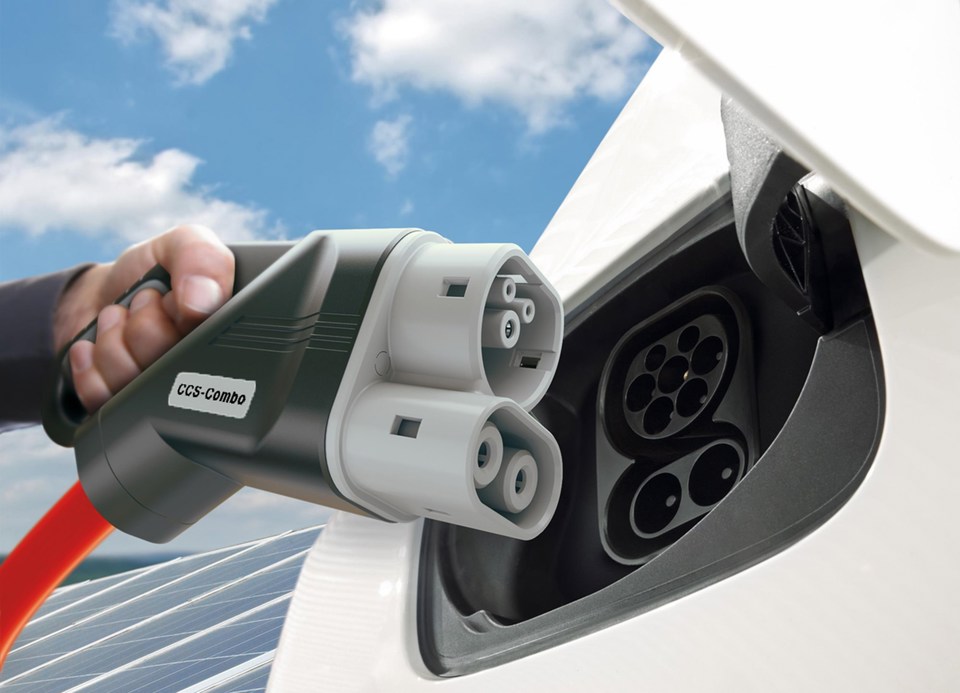

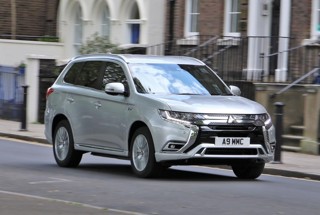

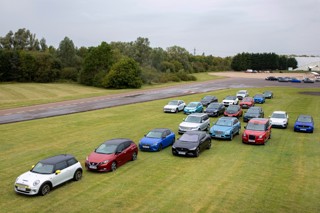
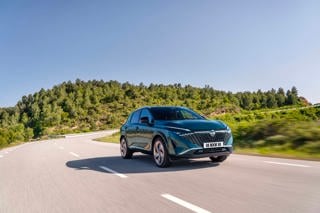
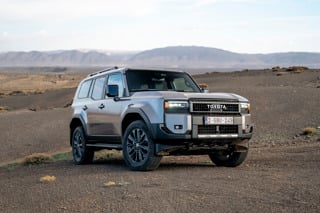











Login to comment
Comments
No comments have been made yet.